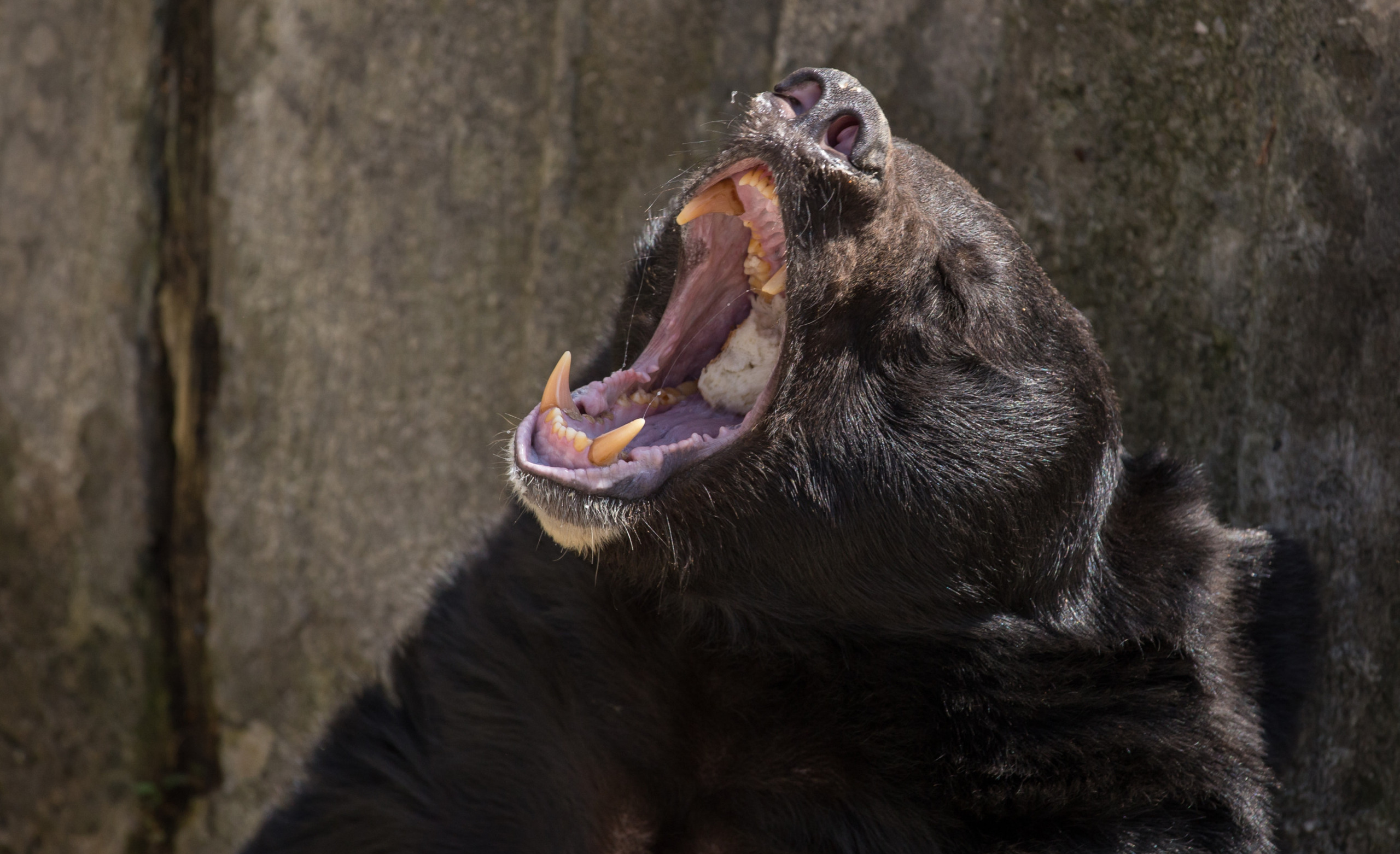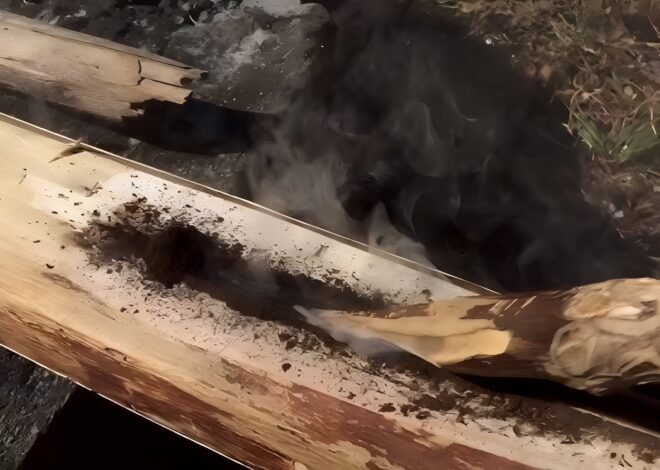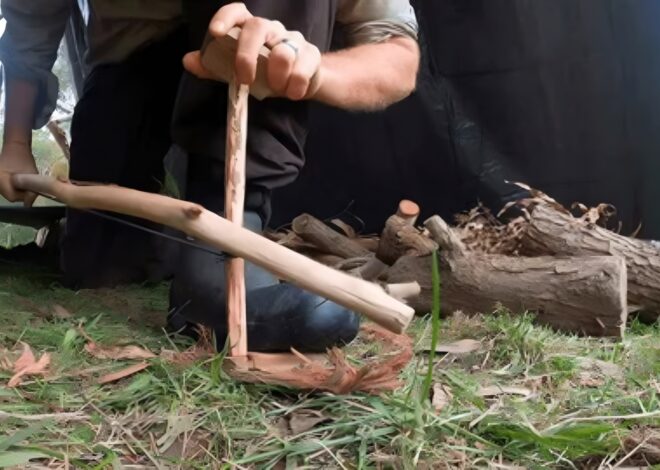
Survive A Black Bear Attack
In today’s blog post, we will delve into the essential tips and strategies on how to survive a black bear attack. Picture this: you’re hiking through the dense wilderness, surrounded by towering trees and chirping birds. Suddenly, you come face to face with a black bear.
Your heart races, adrenaline surges – would you know what to do? Stay tuned as we equip you with the knowledge and confidence to navigate these encounters safely. Let’s dive in!
Understanding Black Bears
Black bears, native to North America, are majestic creatures that roam a variety of habitats including forests, mountains, and even urban areas. Despite their name, black bears can vary in color from black to brown or even cinnamon. These omnivores have an excellent sense of smell and are opportunistic feeders, consuming berries, insects, fish, and occasionally small mammals.
Unlike grizzly bears with their distinctive shoulder hump, black bears possess a straighter profile and lack this feature. They also tend to be less aggressive but can still pose a threat if they feel threatened or surprised. Understanding the behavior patterns of black bears is crucial when it comes to mitigating potential conflicts while exploring their territory.
By respecting their space and learning how to interpret bear body language cues such as standing on hind legs or vocalizations like huffing sounds – you can better coexist with these magnificent animals in the wild.
Signs of a Potential Bear Encounter
When venturing into bear country, it’s crucial to be aware of the signs that might indicate a potential bear encounter. Keep an eye out for fresh tracks, scat, or overturned rocks and logs along your path. These are all indicators that bears may be nearby.
Another sign to watch for is the presence of berry bushes or other food sources that could attract bears. If you come across areas with abundant natural food supply, proceed with caution and make noise to alert any nearby bears of your presence.
Pay attention to your surroundings – if you notice a sudden quietness in the forest or birds frantically chirping, it could mean a predator is close by. Be extra vigilant in such situations and consider turning back or changing your route if needed.
Remember, being proactive and staying alert can help prevent unexpected encounters with black bears in their natural habitat.
Dos and Don’ts During a Bear Encounter
When you find yourself in a bear encounter, it’s crucial to remain calm and assess the situation. Do not run or make sudden movements as this can trigger the bear’s predatory instincts. Instead, speak calmly and back away slowly while keeping an eye on the bear.
Do: Make yourself appear larger by standing tall with your arms raised above your head or waving them slowly. This can help intimidate the bear and show that you are not an easy target.
Don’t: Approach cubs if you see them as mother bears are extremely protective of their young. Stay at a safe distance and do not get between a mother bear and her cubs.
Do: Carry bear spray with you when hiking in bear country. Be sure to know how to use it effectively in case of an attack.
Remember, every encounter is different, so always prioritize your safety first by following these dos and don’ts during a bear encounter.
Strategies for Surviving a Bear Attack
When faced with a black bear attack, it’s crucial to remain calm and assess the situation. One strategy is to try to intimidate the bear by making yourself appear larger – raise your arms, stand tall, and make loud noises. It may startle the bear enough for it to retreat.
If the bear continues to approach or shows signs of aggression, slowly back away while keeping an eye on its movements. Avoid sudden movements that could trigger a predatory response from the bear. Do not run as bears are fast runners and may see you as prey.
In the unfortunate event that a black bear makes contact with you, fight back vigorously using any objects at hand like rocks or sticks. Aim for sensitive areas such as its eyes or nose. Remember, playing dead is not effective against black bears unlike grizzly bears.
Surviving a black bear attack requires quick thinking and decisive action. By staying alert and knowing how to react in such situations, you can increase your chances of escaping unharmed from a potentially dangerous encounter with these powerful animals.
After the Black Bear Attack
After surviving a black bear attack, seeking immediate medical attention is crucial. Even if your injuries seem minor, it’s essential to get checked out by healthcare professionals to ensure there are no underlying issues.
Once you’re safe and receiving medical care, it’s important to report the incident. Contacting local authorities or wildlife agencies will help them track bear activity in the area and prevent future attacks.
Be honest when recounting the details of the encounter – this information can be valuable for researchers studying bear behavior. Reporting the incident also ensures that proper measures can be taken to protect both humans and bears in the future.
Remember, seeking medical attention and reporting the attack are not only important for your own well-being but also contribute to overall public safety regarding bear encounters.
Tips for Avoiding Bear Encounters in the Future
When it comes to avoiding bear encounters in the future, prevention is key. One important tip is to make noise while hiking or walking through bear country. Bears typically prefer to avoid humans, so alerting them of your presence can help prevent surprise encounters.
Another helpful tip is to properly store food and garbage when camping or picnicking in bear habitats. Keeping a clean campsite and using bear-proof containers can significantly reduce the chances of attracting bears.
It’s also essential to be aware of your surroundings and stay vigilant for any signs of bear activity such as tracks, scat, or overturned rocks. Avoiding areas with recent bear sightings can lower the risk of an unexpected encounter.
Consider carrying bear spray as a precautionary measure when venturing into known bear territory. Being prepared and knowing how to use this deterrent can provide added peace of mind during outdoor excursions in black bear habitats.
Conclusion
Remember, it’s crucial to stay calm and composed during a black bear encounter. By understanding their behavior, being aware of your surroundings, and following the dos and don’ts outlined in this article, you can increase your chances of surviving a bear attack. Always prioritize safety for both yourself and the bear.
In the unfortunate event of a bear attack, seek medical attention immediately and report the incident to local authorities. Remember that prevention is key when it comes to avoiding potentially dangerous encounters with wildlife. Stay informed, stay prepared, and most importantly – stay safe in the great outdoors!



